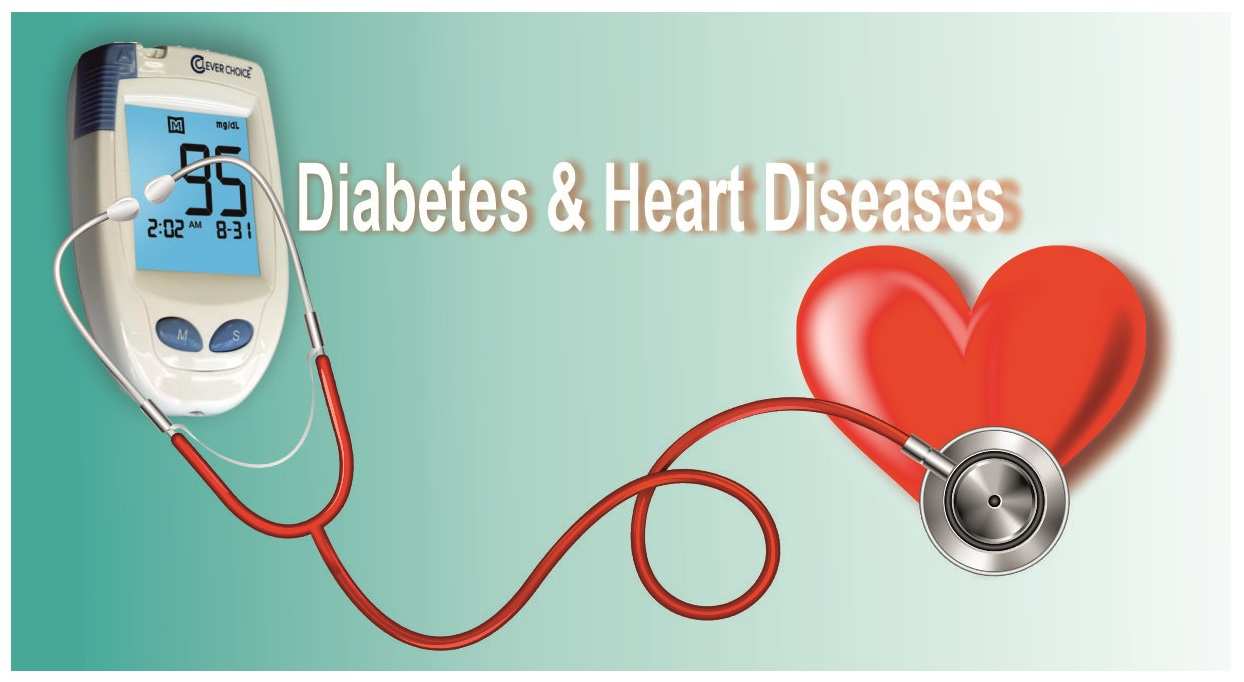
Diabetes and Heart Diseases
People who have diabetes have a higher chance of developing many health problems including heart disease. How heart disease can develop how it affects your health and what you can do to help reduce your risk of heart disease.
If you have diabetes it means your blood glucose or blood sugar is elevated over time high blood sugar can damage the blood vessels of your heart and other organs leading to other health problems. This means the longer you have diabetes the greater your risk for cardiovascular diseases.
What are cardiovascular heart diseases?
Cardiovascular disease generally refers to conditions that involve narrowed or blocked blood vessels that can lead to a heart attack, chest pain (angina) or stroke. Other heart conditions, such as those that affect your heart’s muscle, valves or rhythm, coronary heart disease, cardiomyopathy, arrhythmias, and heart failure are forms of heart disease.
Coronary heart disease is a build-up of a cholesterol filled substance called plaque inside the blood vessels of your heart. The build-up of plaque in coronary heart disease can increase your risk of having a heart attack.
Cardiomyopathy refers to diseases of your heart muscle and it may lead to abnormal heartbeats called arrhythmias. Cardiomyopathy may also lead to heart failure and this means your weakened heart can’t pump enough blood to meet your body’s needs.
Having both diabetes and heart disease can affect you in many ways and you will have a higher risk for other serious health problems such as a heart attack, stroke, and even death.
It may be harder for you to go about your daily activities, you may need help taking care of yourself. You may also need to take more medications. Living with these conditions may cause depression but the good news is that there are things you can do to help lower your risk for heart disease.
For example, you may need to make changes to your lifestyle, if you smoke to get the help you need to quit both smoking and diabetes can narrow your blood vessels which can increase your chance of developing heart disease or stroke.
Maintain or get to a healthy weight, follow a healthy eating plan and get regular physical activity checks with your health care provider. About the right amount of physical activity for you make sure you work with your health care provider to control your blood sugar cholesterol and blood pressure this includes taking all medications prescribed by your health care provider including insulin and pills to help lower blood sugar blood pressure and cholesterol. Following the treatment plan, you and your health care provider discussed will help you feel better and reduce your risk of getting heart diseases.
